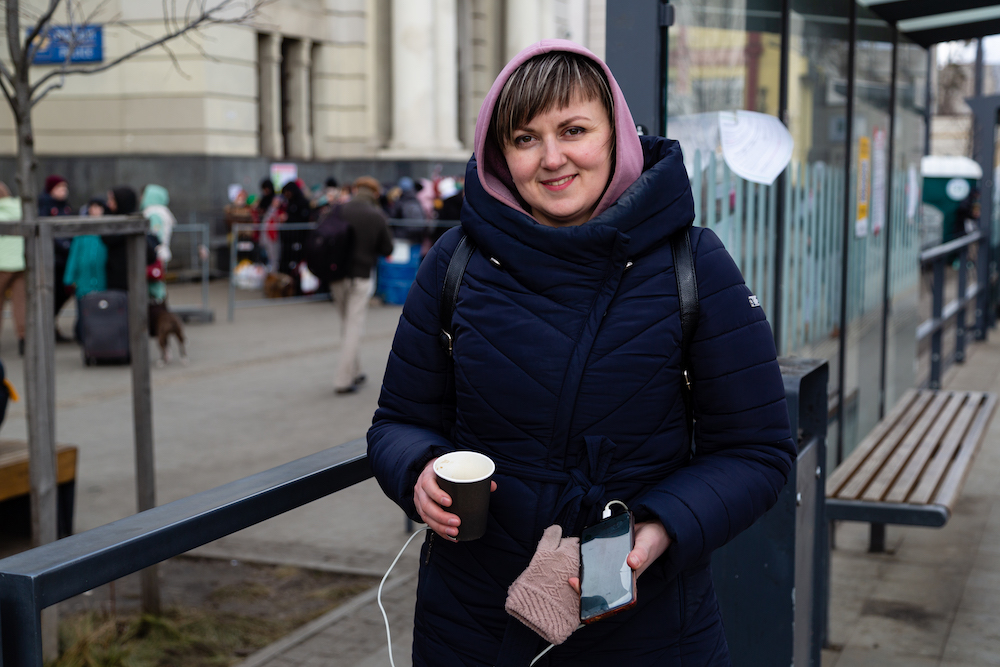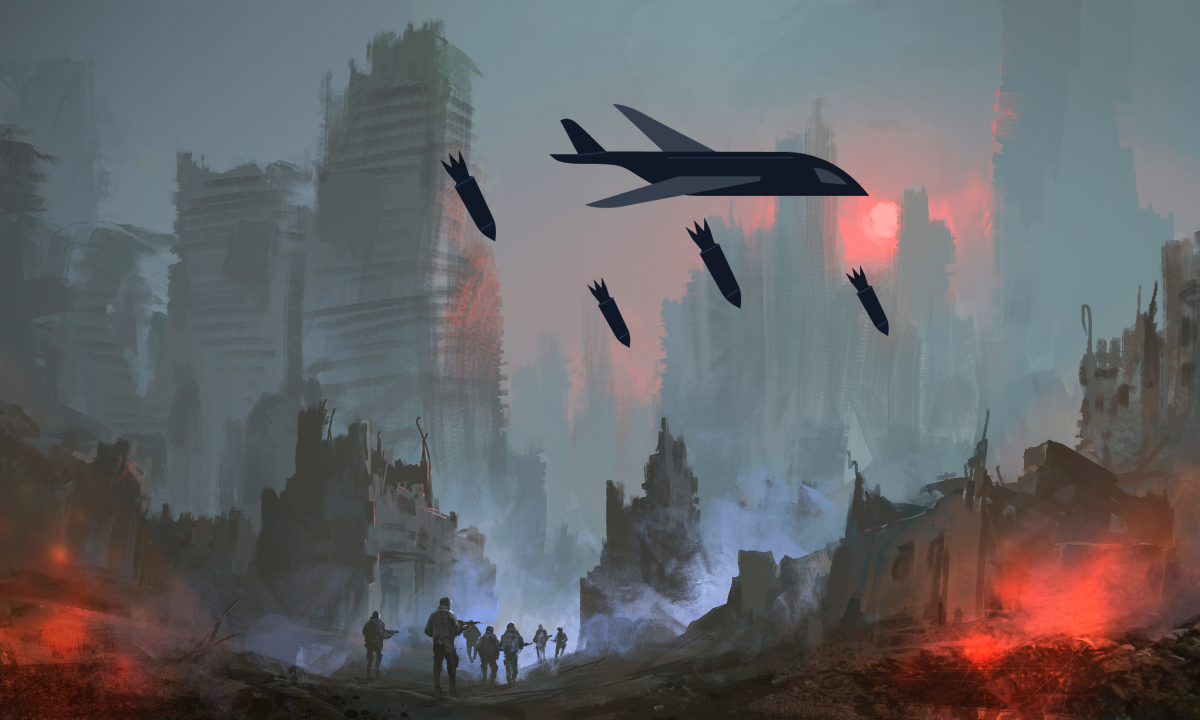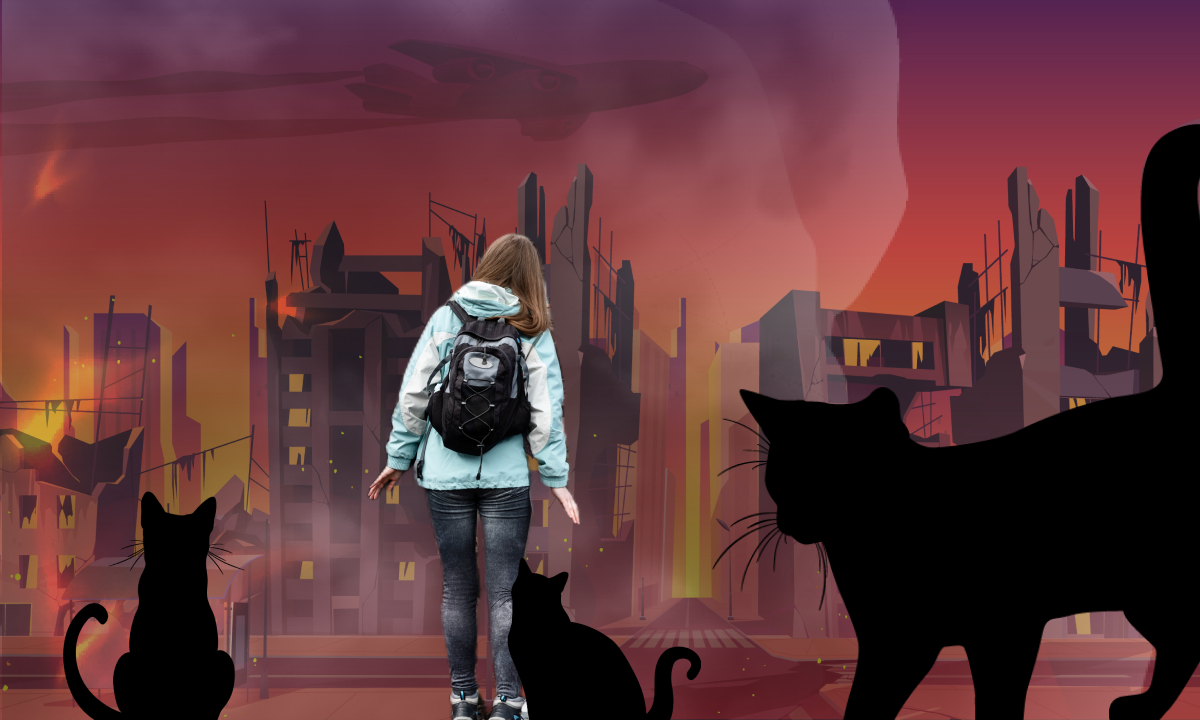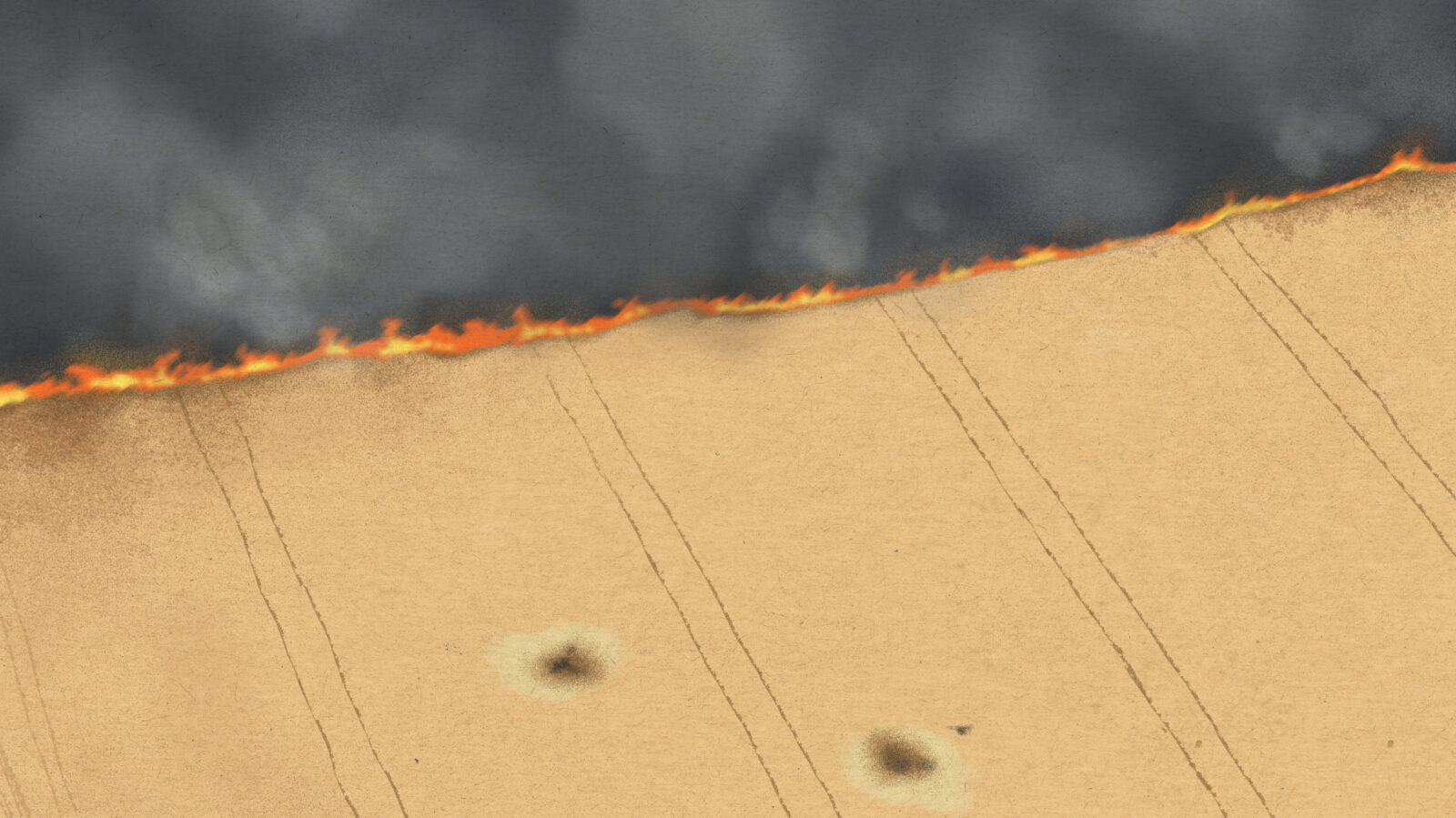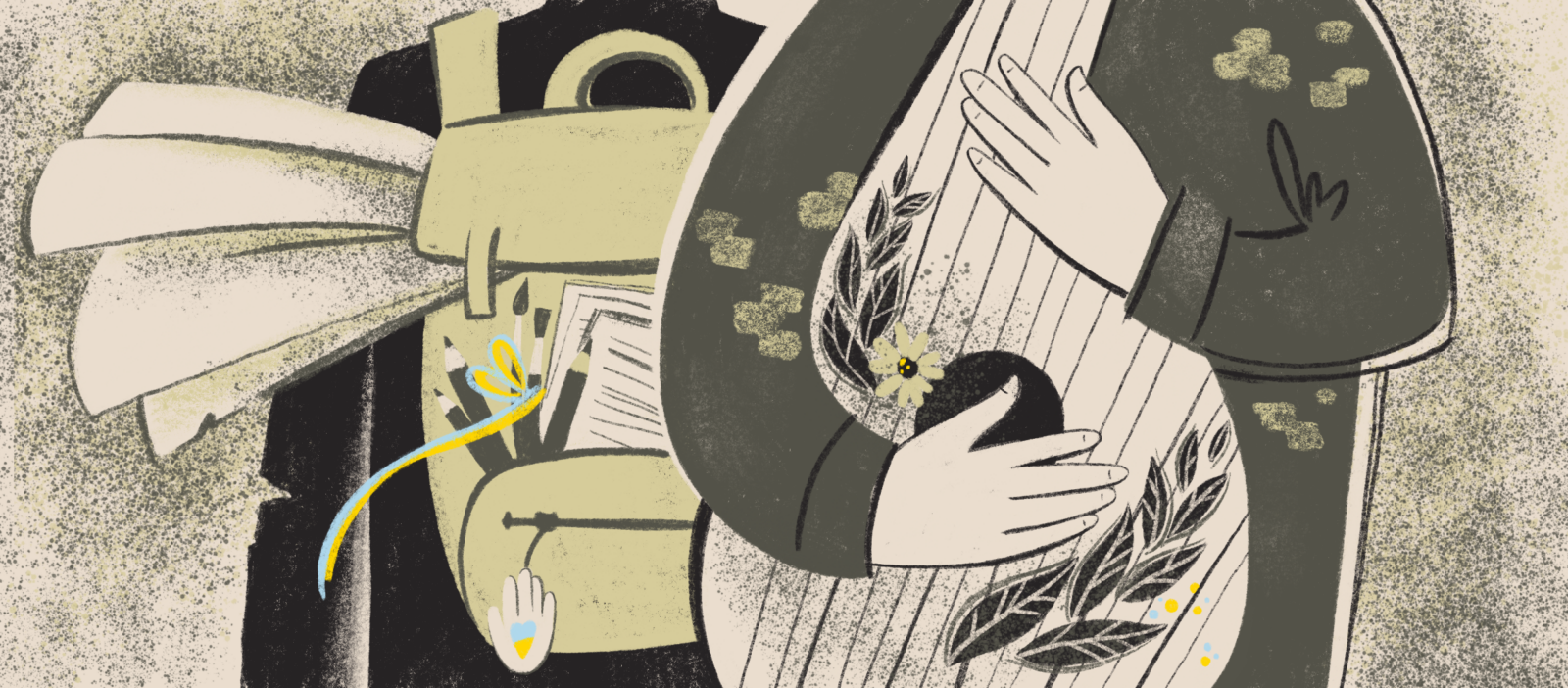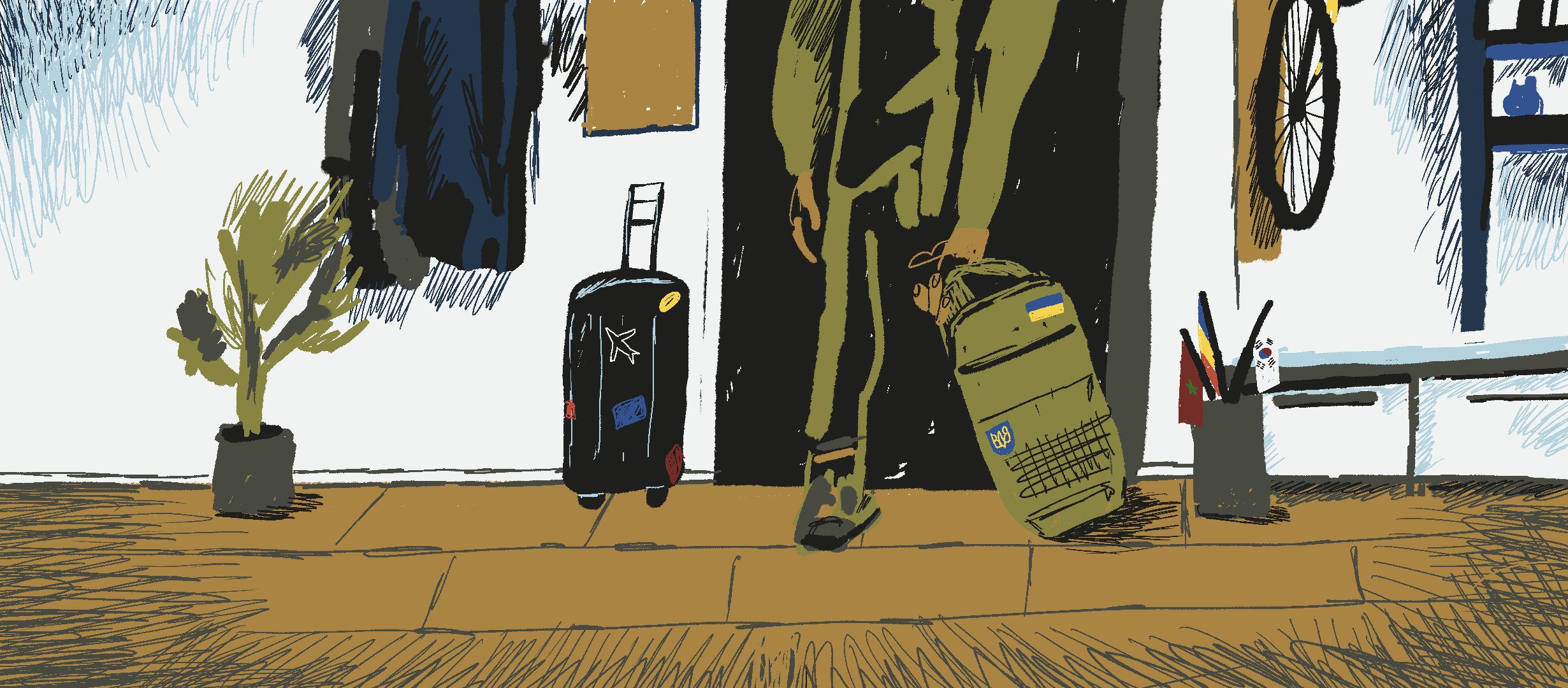Photos by Katya Moskalyuk
A queue of people with children and pets stretches along the Lviv Railway Station. Newcomers join the crowd every minute, and they no longer fit in the square. Maryana Pysanchyn, a volunteer, asks me to wait another minute and disappears into the crowd again. We meet on March 8. For several hours, Maryana can’t find the time to talk: she needs to manage drivers, send refugees to them or accommodate people for the night.
“Before the war, I was working in wholesale trade. I have been working in this field for 17 years, creating life where there was nothing,” Mariana smiles. Today, she manages more than 40 drivers with their own cars who volunteer to take people to the border.
The volunteer recalls that on the day of the beginning of the war she woke up to a siren and couldn’t understand what was happening. However, at noon she decided that she needed to act. Maryana started writing to volunteer organizations, and in the evening she went to the Lviv Railway Station. “I was shocked: people were running away, not paying attention to anyone. They fled, most likely from themselves. You should act on your own and not wait for someone to tell you something,” believes Maryana Pysanchyn.
During our conversation, the volunteer looks at her phone, where in half an hour more than 40 missed calls as well as numerous notifications have appeared. Maryana says that on the first days of work she received many messages such as, “Hello, do you help with Poland?” and “Do you help with housing?” She jokes that it was like in “the crazy 90s.”
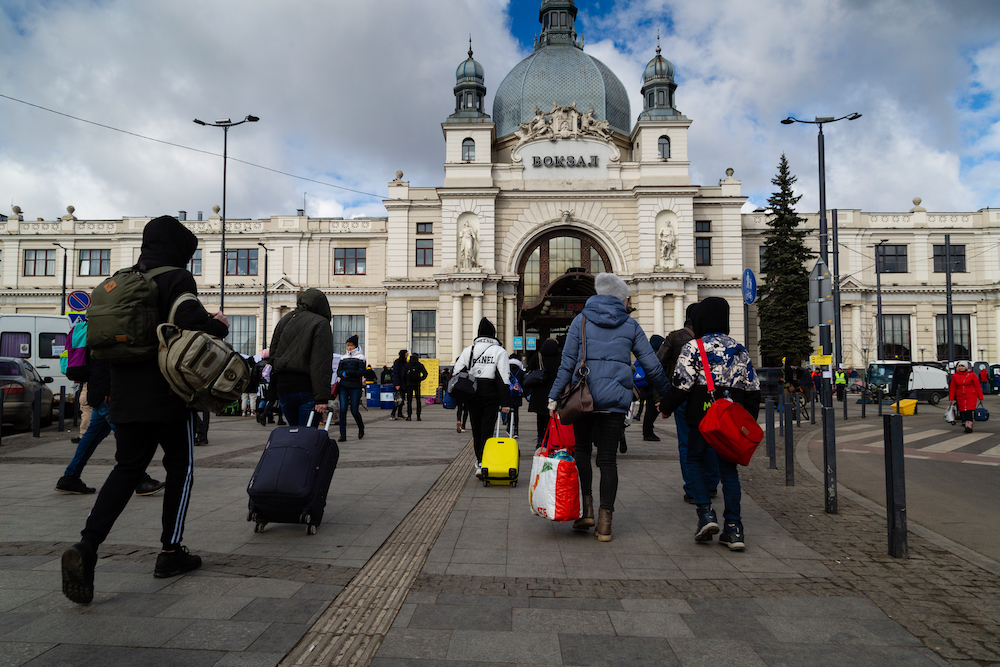
Maryana lives almost without sleep, rests for a few hours and goes to the Train Station again. “I can’t allow myself to do nothing when I see small children in the street, women in thin jackets, confused elderly people. I can’t stand when men try to push themselves into a car or a bus first, leaving the weaker ones behind,” explains the volunteer.
It is necessary to help people with a cool head. First of all, you need to calm a person down and give them self-confidence.
According to Maryana’s observations, people are often confused and scared. They can’t read what is written on the sign, they can’t find the right train in the schedule. Then the volunteer cheers them up by telling them that they are adults who can manage way more than such difficulties. “When a man starts to get hysterical, I immediately tell him: ‘Can we have a victory for Ukraine with such men?’” Mariana smiles. “They immediately calm down, stop panicking and start helping.”
The volunteer first of all helps women with children who have not eaten for two days, who have been traveling to Lviv for a long time, and before that they had been sitting in basements for days.
“I am just amazed at how many good people there are in this world. We will keep in touch. We will see how it goes in Frankfurt, and maybe we can also help someone else.” “Tymofiy sends you a sticker and says that we love you and we are already on the train.” “Thank you very much for your help. May God protect you and your relatives, let us pray together for Ukraine!” Maryana receives dozens of messages like these every day.
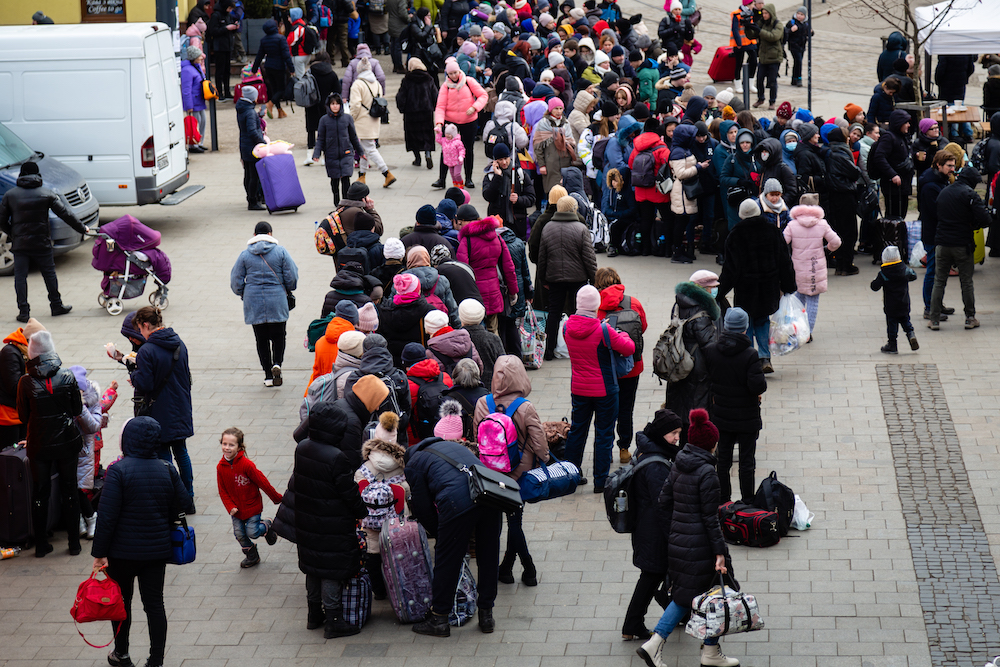
The woman says that 200 to 500 people are transported abroad each day. At first, people were afraid to get into cars with strangers, but thanks to the word of mouth and good reviews, the system started working. “My phone never shuts up, I charge it at least four times a day. We work from morning until late in the evening,” shares Maryana Pysanchyn. Everyone can use the help of volunteers for free. But if people have the opportunity to transfer money to the card—no matter the amount—they can do so to express their gratitude. The money is needed for fuel. The volunteers have already spent more than 100,000 hryvnias on this, and the fund needs to be replenished.
They have to make sure that fraudsters do not make money off of someone else’s grief by posing as volunteers. Someone may ask for money to help spend the night in a shelter where volunteers accommodate people for free. Or someone may lie that they can help people with crossing the border. Many people have left their home villages for the first time, they don’t know how to cross the border, and therefore become an easy target for fraud.
When people ask Maryana what they should do, she replies, “Live and rejoice. Make your dreams come true, go to the countries you want. You have been working your whole life, and all of that is gone now. It happens. We now live in Lviv under a peaceful sky, but we are busy and exhausted. People from the East don’t sleep because there is shelling, because it’s scary. And we don’t sleep because we fear for them, because we help them and ourselves. If we want to win, we must be united.”
Maryana has friends in more than 60 countries, and many of them have invited her to leave Ukraine. But the woman refuses because she understands that now she is needed here more. As she says this, Maryana smiles and joins a long line of people trying to get a chance for a safe life.
Translated by Marta Yaremchuk

